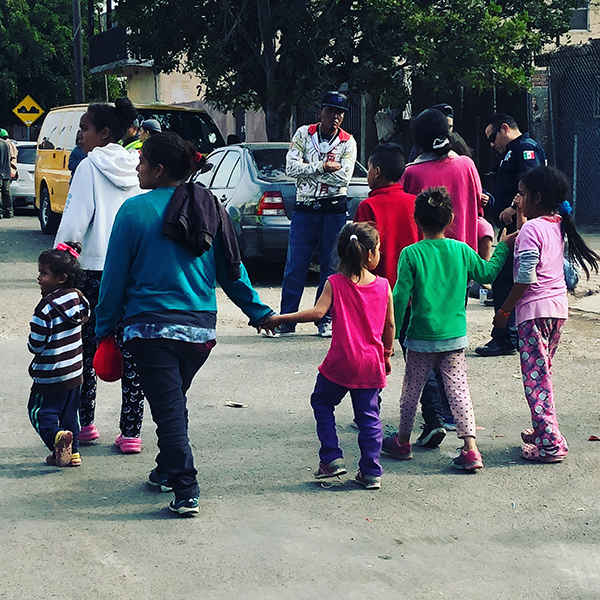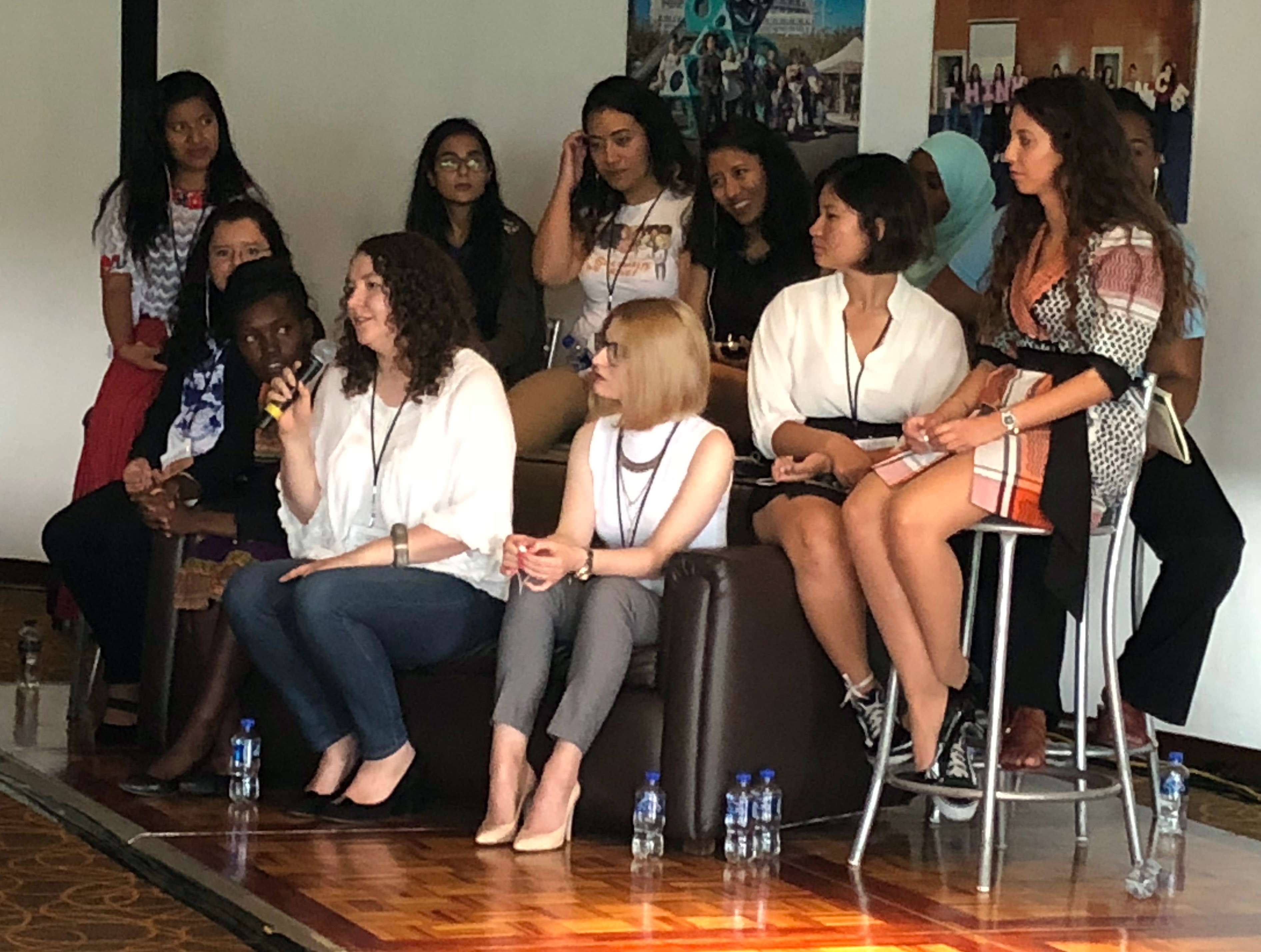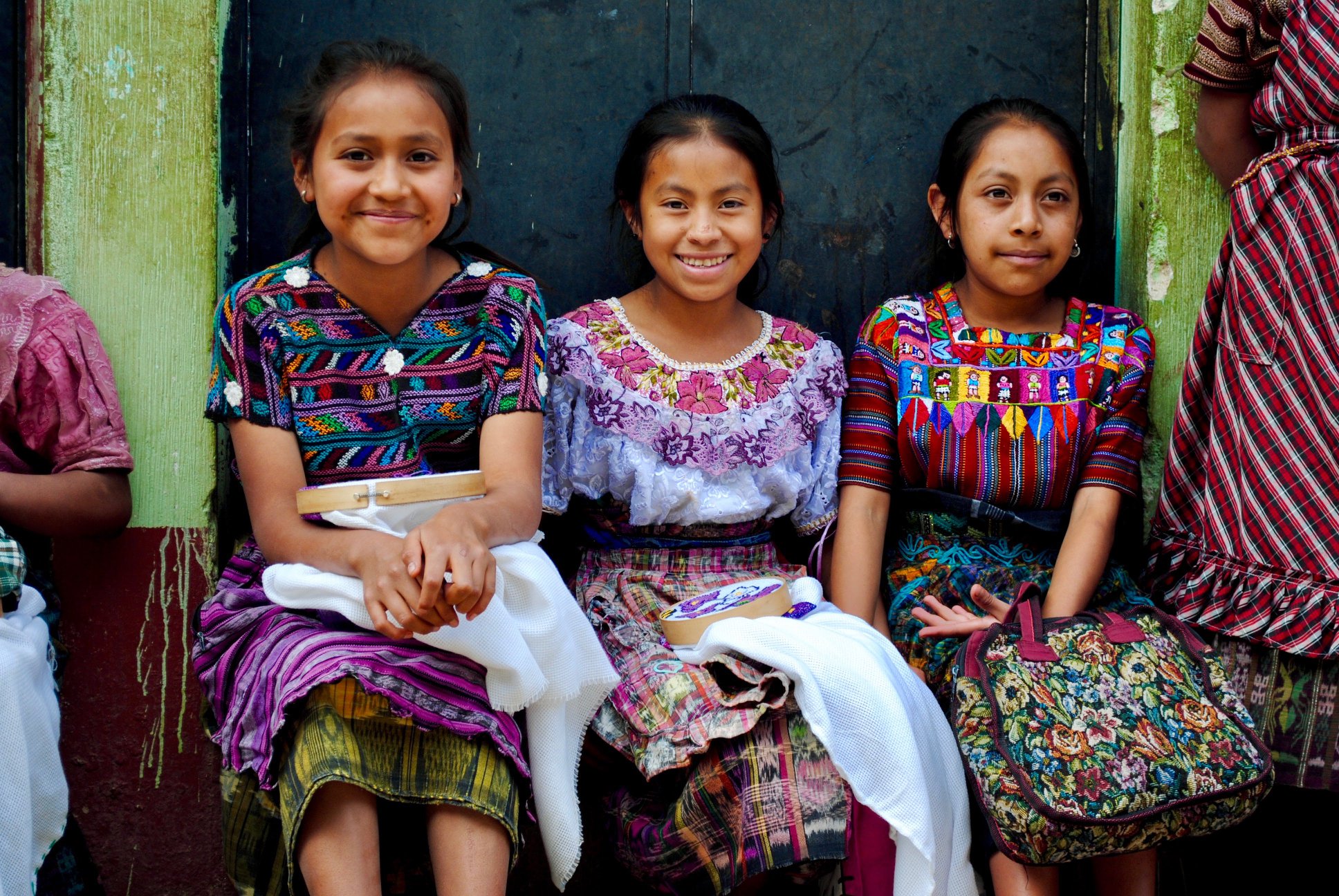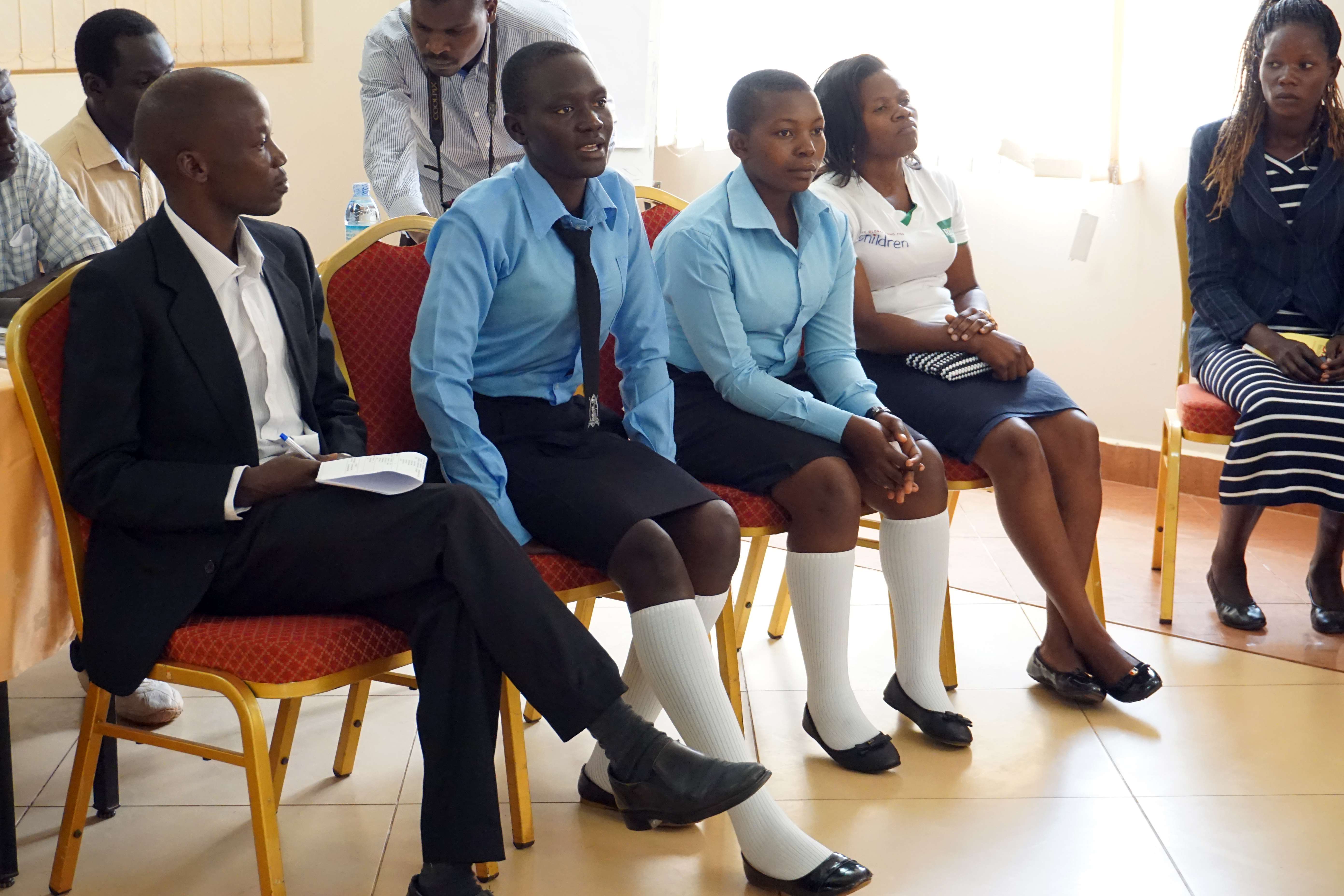After getting the results of our first Grantee Perception Survey, we’re sharing our partners’ responses and how we’re changing to serve them better.
By John Hecklinger, CEO, and Corey Oser, Vice President of Programs
At Global Fund for Children, we believe in the power of feedback. Feedback is the compass that shows us our true north: what our partners think and feel about our work. It illuminates where we are missing the mark and what we can do to make sure our partners are heard and supported.

In the fall of 2018, we conducted our first Grantee Perception Survey (GPS) through the Center for Effective Philanthropy (CEP). With a comparison group of more than 300 funders, the GPS offers a rich opportunity to benchmark results against peers. We selected a “custom cohort” of peer funders to compare our results with other international grantmakers.
As the survey is anonymous and conducted by CEP, it creates space for partners to share frank reflections. CEP surveyed all of our 153 active partners between January 2017 and January 2018. We are grateful that 78% of our partners responded and shared detailed, thoughtful comments, and we are happy to share these results with our partners and supporters here.
Alongside the survey, we have been going through a number of changes at GFC over the last several months, and the survey results largely validated our rationale for instituting these changes. We aim to have strong relationships with our partners, rooted in trust. We aim to increase clarity in our reporting requirements while ensuring that the reporting process creates value for our partners as it helps us refine our approach. We’ve developed a theory of change and indicator framework, adopted core values to guide our interactions and decisions, launched new initiatives funding cohorts of organizations working on similar issues in specific regions, and invested in strengthening our capacity development approach.
These changes, accompanied by renewed monitoring, evaluation, learning and feedback mechanisms, all aim to create more value in the relationships between GFC and its local partners.
All of this is only meaningful if it is helpful to our partners. In fact, one of our core values is “Serve Partners First.” Hearing how our partners view the relationships with our program officers, our financial support, grantmaking processes, and capacity strengthening is essential to help continually improve our service.
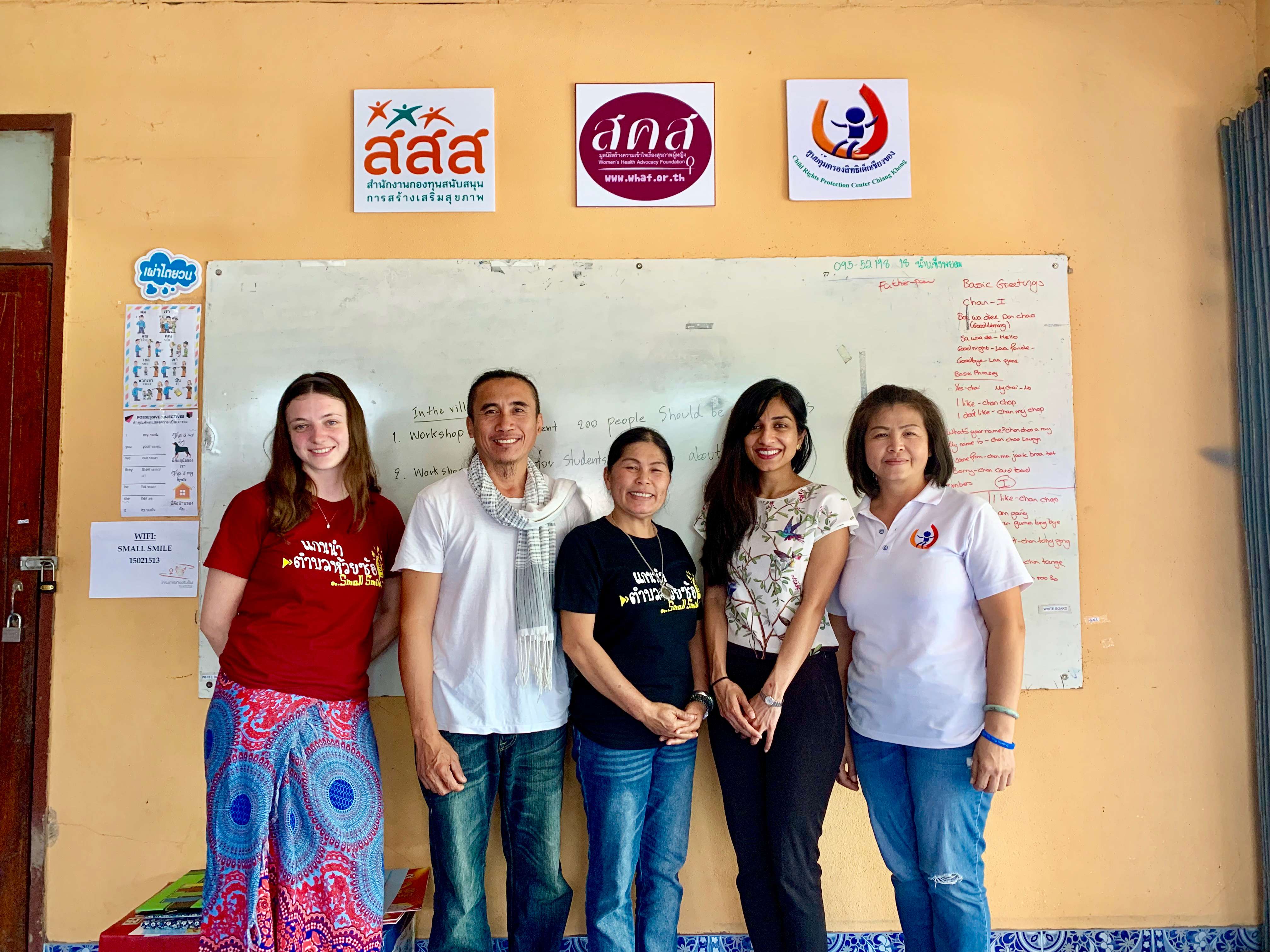
Partner Response Highlights
As we reviewed the survey results, we noted that GFC funds some of the smallest organizations of our peers with the smallest grant sizes, consistent with our aspiration to fund organizations too small or too nascent for other funders to consider.
Not surprisingly, when we funded a higher percentage of an organization’s budget, the partner tended to have more positive feedback.
We were pleased and somewhat surprised to learn how highly our partners rate our selection process, and we were happy that our partners find our grantmaking processes clear and transparent. Many organizations we fund have never received funding from overseas before, so it’s great to hear that the process is helpful.
GFC´s partnership has made us consistently grow as an organization. We have learned very much with all the processes, from the selection process, [the] monitoring and evaluation [process], to writing reports. We managed to apply most of the knowledge and learnings acquired in this partnership to our daily work.
GFC processes are straightforward, simple, and concise.
At the same, partners called our attention to some repetition in the reporting process that we are already working to simplify.
It might be interesting to consider a more responsive format that develops across the years, otherwise we feel we are always answering the same questions, which is perhaps not the best in terms of reflecting on our work.
Our partners conveyed that they felt listened to and supported by our staff.
The interaction and communication we have with GFC’s team [is] so close….; we really feel embraced and supported by them, as if we are one big team.
Our contact at GFC has been consistently helpful, available, and supportive over the years. GFC has been an integral part of our development as a small NGO.
Perhaps the biggest disappointment and largest room for improvement in the results has to do with our Funder-Grantee relationship scores.
Because we work with such small organizations and our funding makes up a higher percentage of our partners’ budgets than most of our peers, it’s critical for GFC to perform well in this category. An organization can’t excel in all categories, but this is one that we are committing to shift.
Some partners felt the effects of staff departures and noted differences or gaps in transition periods.
We have noticed significant changes regarding communication, [and] changes in GFC personnel. I suggest strengthening the philosophy and closeness that GFC had with the benefited institutions in previous years.
With the changes of personnel that have taken place in GFC, we believe that they only know our institutional work in a limited manner, therefore, it is important to resume the communications with the organizations.
Partners articulated a need for smoother, more regular contact with program officers, more interest from program officers in the progress of partner organizations, and more ability to work through issues as they arise.
The survey pointed out that GFC is in the top percentile of funders that conduct site visits and that our partners value these interactions and want to see more.
The approach of the team during site visits reflects a sense of trust in the organisation [that] they are supporting, and [a] value for the work being done in the field. Therefore, the suggestions provided are quite valuable.
Field visits and result tracking has, over the years, enabled us to realign our program to better deliver the services.
We would suggest that GFC conduct more field visits and organize more experience sharing conferences with partners.
One partner pointed out they would like to see “more written communication after a visit, like establishing a route map and specific recommendations of what was observed.”
We were glad to see that partners value activities such as advisory support and knowledge sharing and networking and would like to see them expanded.
Cooperation with GFC opened [us to] new and different views/perspectives, opened the doors of professionalism, [and] provided [an] opportunity [for us] to perceive international and global dimension[s] of thinking, acting, negotiating, and cooperating in the CSO field of protecting vulnerable children. [It also] motivated us and allowed us to take part in fundraising events [and] in international gatherings and conferences, but also provided us with the opportunity to constantly improve our core staff expertise [and] knowledge via study visits, trainings, meetings, and cooperation with the colleagues from other countries.
We are thinking about GFC should be hav[ing] more workshop[s] or seminar[s], more than [in] the past, to improve the partner[s], or find…way[s] to help them and exchange knowledge.
Some partners had valuable ideas about how we could do more to strengthen their networks with each other.
For example, one respondent suggested that we “support GFC grantees and alumni to form country or regional learning initiatives that would support advocacy and policy influencing.”
GFC should strengthen [the] linkage of partners in the region to encourage shared learning.
GFC has greatly impacted our institutional capacity development and we would still think that GFC can, as well, provide platforms for regional knowledge exchanges and consortium establishments among its grantees. This will strengthen collaborative funding mechanism and program ownership globally.
Partners told us they appreciate receiving flexible funds where they can determine how best to use them. At the same time, a number of partners reminded us that the amount of funding is relatively small. Although we generally support organizations for several years at a time, some partners felt the uncertainty inherent in annual renewals and called for longer-term commitments.
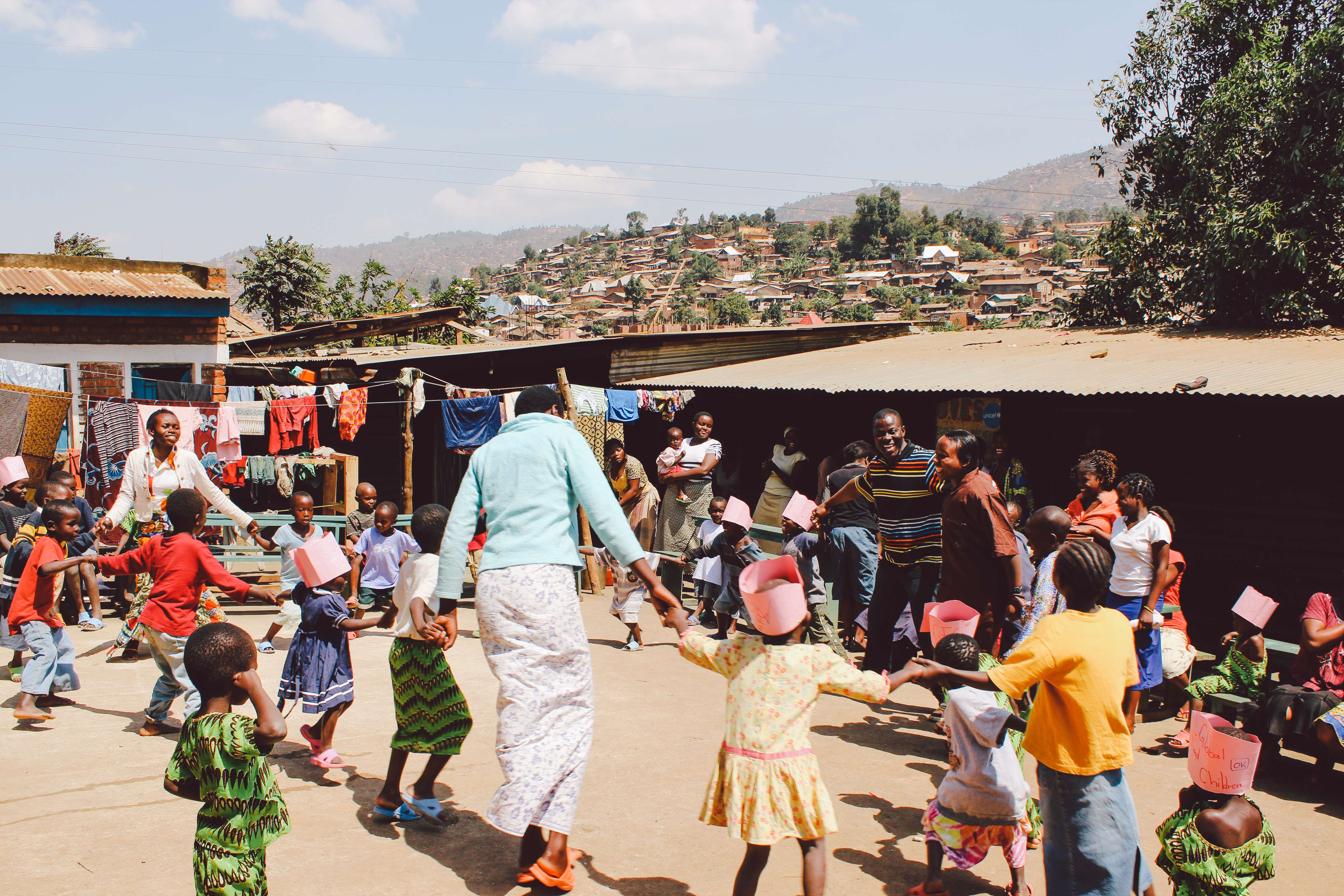
Some partners reflected on the introductions to other donors and networks that helped bring new resources to bear on their work, while others called on GFC for more accompaniment around financial sustainability and a better-defined exit process.
A year program duration makes [it] sometimes difficult to [have]…long‐term planning [or] provide… sustainability for the program, in addition to the small amount. Although we can renew the proposal, it would be better if we can propose for a longer duration of program (3 years at least) to get the maximum impacts and more possibilities of sustainable programs.
My only suggestion is to consider an exit process from the fund, targeting investments in our sustainability.
Next steps
Where is this all taking us? As we embrace the feedback from the Grantee Perception Survey, it aligns well with some ongoing areas of change. Here are some ways we are responding:
- Creating more cohorts of partners based on common program themes and regions to foster natural sharing and collaboration
- Committing to more consistent and regular communication with all partners
- Expanding our documentation of interactions to support smoother transitions when program staff departs
- Investing in a more structured capacity development approach, including facilitated organizational assessments, to encourage partners to identify priorities and leverage our connections and experience to support them in these areas
- Streamlining our reporting process to avoid duplication in questions and working toward merging our final report and renewal proposal
- Increasing our average grant size (over the last year it has increased from $9,000 to $13,000); and where possible, we will increase further when funds permit
- Considering the possibility of multi-year grant agreements
- Exploring ways to further strengthen alumni networks and opening space for alumni in certain networking, learning, and funding opportunities
- Bringing on members of our team closer to partners – currently in Guatemala, Mexico, and India
- Finally, most importantly, creating space for simple, quick feedback from partners at regular intervals where we can listen, learn, and adjust accordingly
